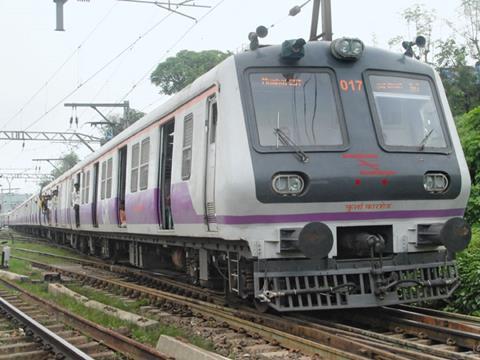
INDIA: In response to an increasing number of requests from state governments interested in the introduction of new suburban rail services, the Ministry of Railways has published draft policy guidelines which states can be use when developing proposals.
The strategy envisages that proposals would be led by state governments, which must take the financial risk and ensure that their plans would be financially sustainable for Indian Railways.
IR believes it would not in general be possible to use existing infrastructure for suburban services, because of the need to avoid conflicts with its long-distance and freight trains, and so proposals should include plans for dedicated suburban tracks.
If a totally stand-alone network with no interface with IR is feasible, then proposals should be developed under metro legislation instead.
Feasibility studies should be undertaken at the expense of the state government, and submitted to the relevant zonal railway for comment before being passed to IR for consideration.
Suburban rail projects would be undertaken through special-purpose vehicles formed by the state government and IR, with IR taking an equity stake of up to 40% of the capital cost but only once 70% of the land has been acquired and any resettlement issues addressed. Track, electrification and signalling works would be undertaken by the zonal railway, which could also undertake maintenance on behalf of the SPV. Taxes and any cost escalation would be the responsibility of the state government.
The SPV would collect all revenue, and a binding agreement with the state government would ensure that operations were cost neutral for IR. The SPV must make provision for asset renewals, with ultimate financial responsibility falling on the state government.

















